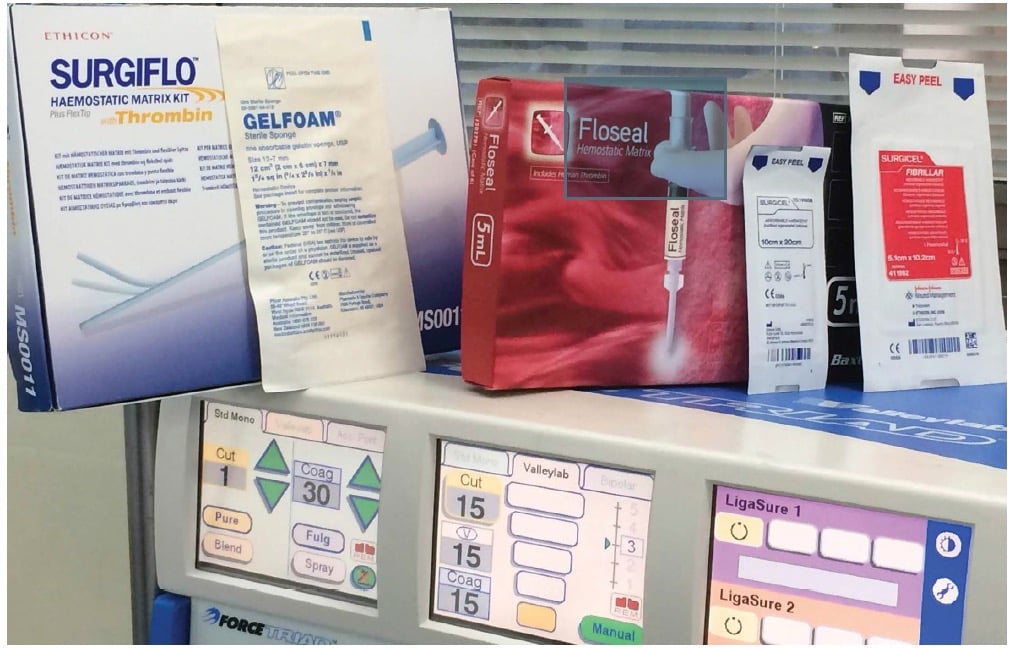MEDICAL KITS FOR UKRAINIAN MILITARY PERSONEL WILL ADHERE TO NEW from buzai232's blog
MEDICAL KITS FOR UKRAINIAN MILITARY PERSONEL WILL ADHERE TO NEW
The Ukrainian MoD’s Medical Department invited NGOs and volunteer organizations to help develop new technical requirements for individual first-aid kits used at the frontline of military operations. Experts from the Independent Anti-Corruption Committee on Defense (NAKO), a joint initiative of TI Ukraine and TI Defence & Security, took part in their development, providing input on how to reduce corruption risk. The MOD granted final approval for the technical requirements last week, and Ukrainian servicemen should receive their new first-aid kits this autumn.To get more news about hemostat dressing, you can visit rusuntacmed.com official website.
The need to develop new technical requirements arose as military and volunteers repeatedly complained about the poor quality of individual first-aid kits (IFAKs) used at the front. Previous IFAK components had been approved in February 2015. However, the list of components for the first-aid kit was less comprehensive, and the standards lower, than those used in NATO countries. In addition, the IFAK technical requriments was often developed by the IFAK manufacturers themselves, meaning that they could shape the MOD’s procurement requirements to suit what they could provide. The new specifications allow the MoD to require manufacturers to ensure each component of the kit is of the highest standard of quality.

The MoD began work on creating new technical requrements for IFAKs in September 2016. Initially, the key stakeholders in the process were representatives of the Ministry of Defense and Ukrainian manufacturing companies, but this approach created significant corruption risks.
But in April 2017, the MOD changed its approach, creating a separate working group in order to minimise the influence of pharmaceutical companies and to avoid corruption risks. This new working group created by the Ministry of Defence included leading medical experts, NGO representatives and volunteer organisations, as well as NAKO experts. This group of experts have worked together alongside the MOD to improve the technical requirements of the first-aid kits to match the NATO standards.
“We insisted on minimising corruption risks. Previously, there was a risk that the specifications would match the preferences of a particular manufacturer, rather than respond to real frontline needs,” said Taras Yemchura, a NAKO researcher. “This could also lead to discrimination against particular participants in the procurement process. For example, we pushed for the abolition of unlawful requirements for special markings on the product packaging, which does not actually affect the quality of the goods, but significantly reduces the range of potential suppliers.”
In the future, NAKO intends to continue monitoring the process of IFAK purchasing, scrutinising the formation of lots, bidding, contracting, and quality control.
The committee is convinced that the active participation of independent experts and high-quality public monitoring of each procurement stage will help counteract corruption risks in the procurement of first-aid kits, decrease the risk of poor-quality goods being supplied, and will help save the lives of soldiers who fight in the Donbass.
Post
| By | buzai232 |
| Added | Mar 6 '23, 09:38PM |
Tags
Rate
Archives
- All
- December 2017
- November 2017
- October 2017
- September 2017
- June 2017
- May 2017
- December 2018
- November 2018
- October 2018
- September 2018
- August 2018
- July 2018
- June 2018
- May 2018
- April 2018
- March 2018
- January 2018
- December 2019
- November 2019
- October 2019
- September 2019
- August 2019
- July 2019
- June 2019
- May 2019
- April 2019
- March 2019
- January 2019
- December 2020
- November 2020
- October 2020
- September 2020
- August 2020
- July 2020
- June 2020
- May 2020
- April 2020
- March 2020
- January 2020
- December 2021
- November 2021
- October 2021
- September 2021
- August 2021
- July 2021
- June 2021
- May 2021
- April 2021
- March 2021
- February 2021
- January 2021
- December 2022
- November 2022
- October 2022
- September 2022
- August 2022
- July 2022
- June 2022
- May 2022
- April 2022
- March 2022
- February 2022
- January 2022
- December 2023
- November 2023
- October 2023
- September 2023
- August 2023
- July 2023
- June 2023
- May 2023
- April 2023
- March 2023
- February 2023
- January 2023
- November 2024
- October 2024
- September 2024
- April 2024
The Wall